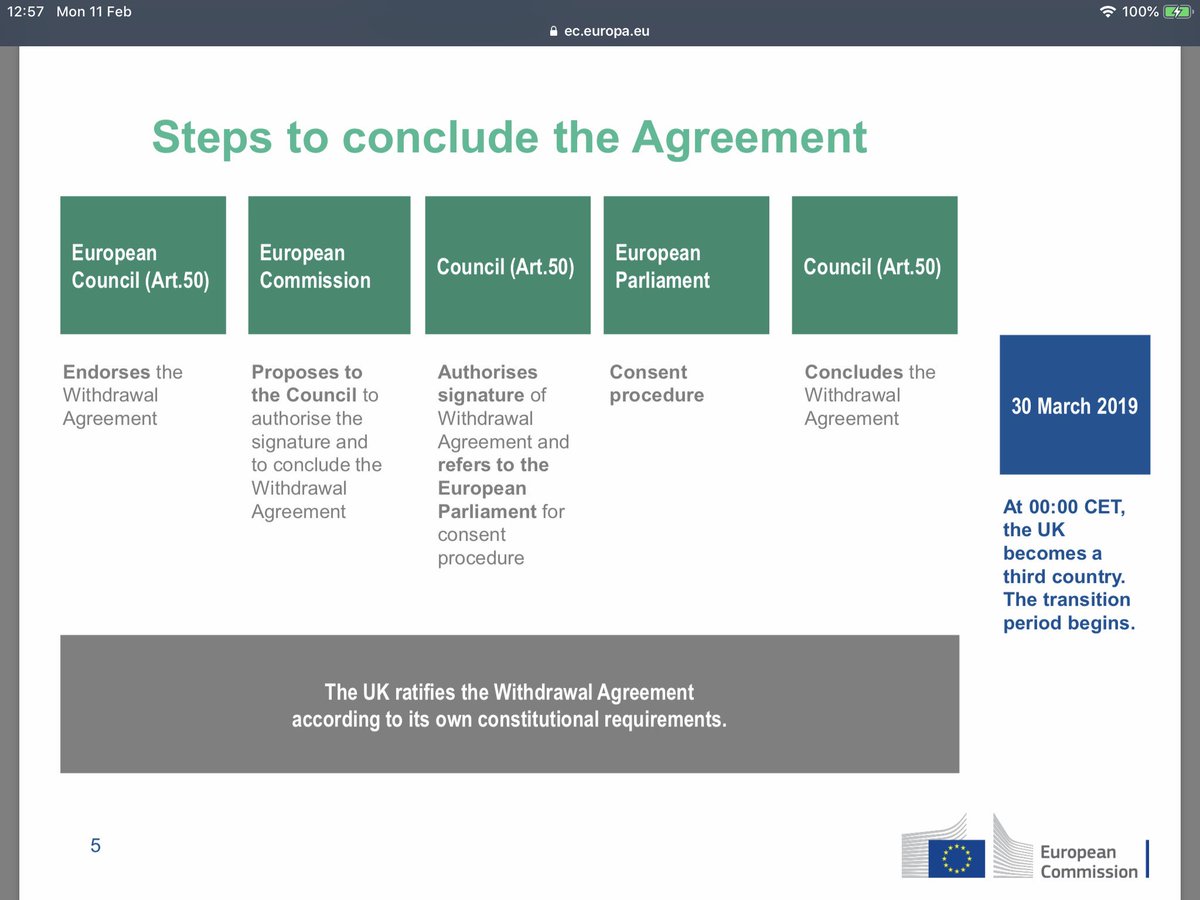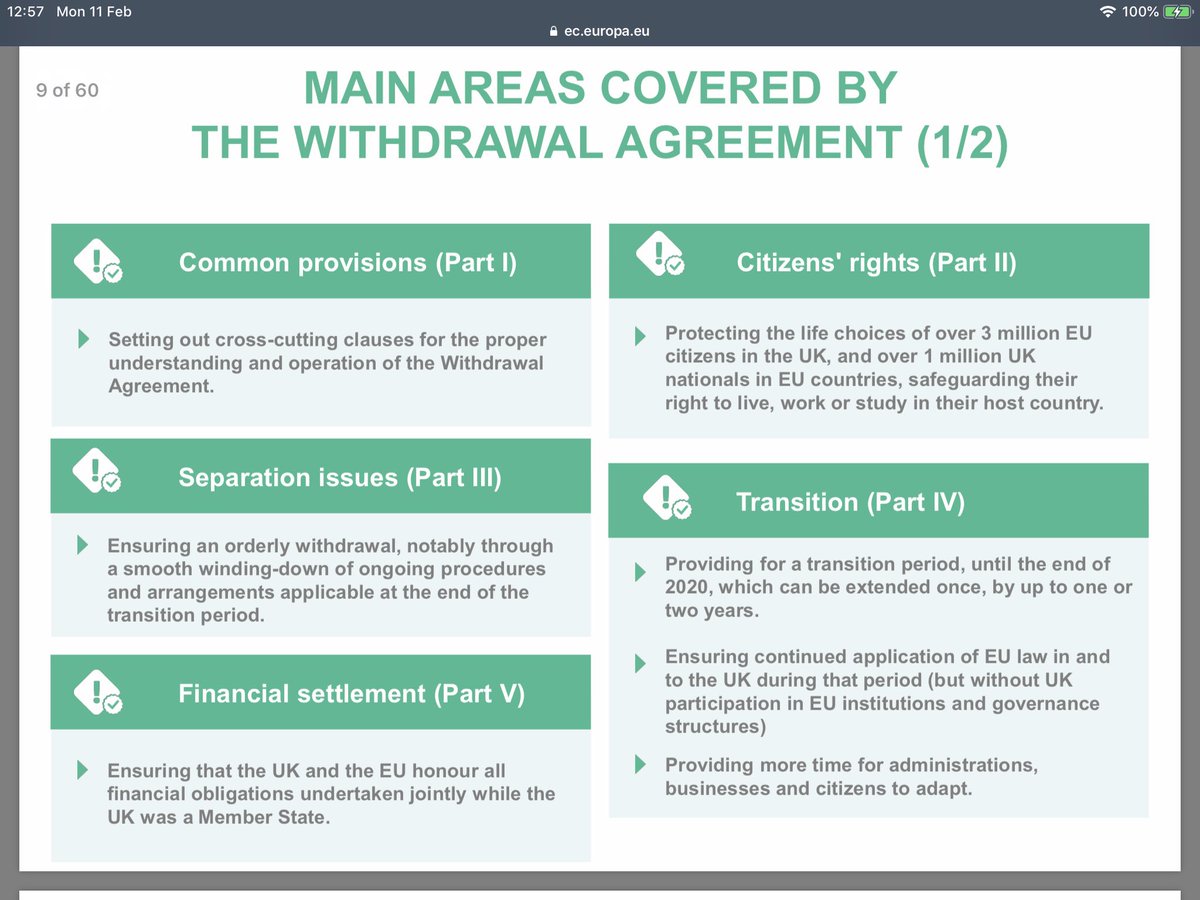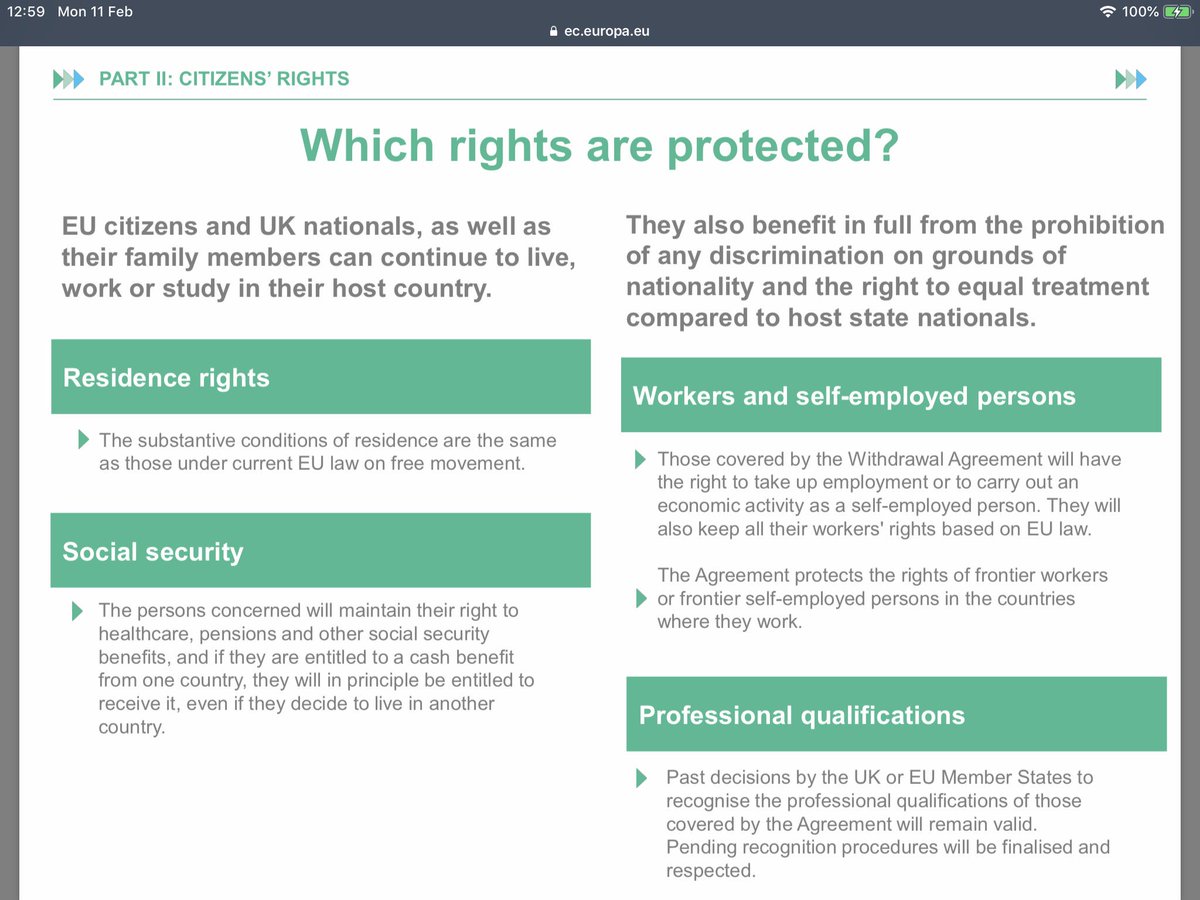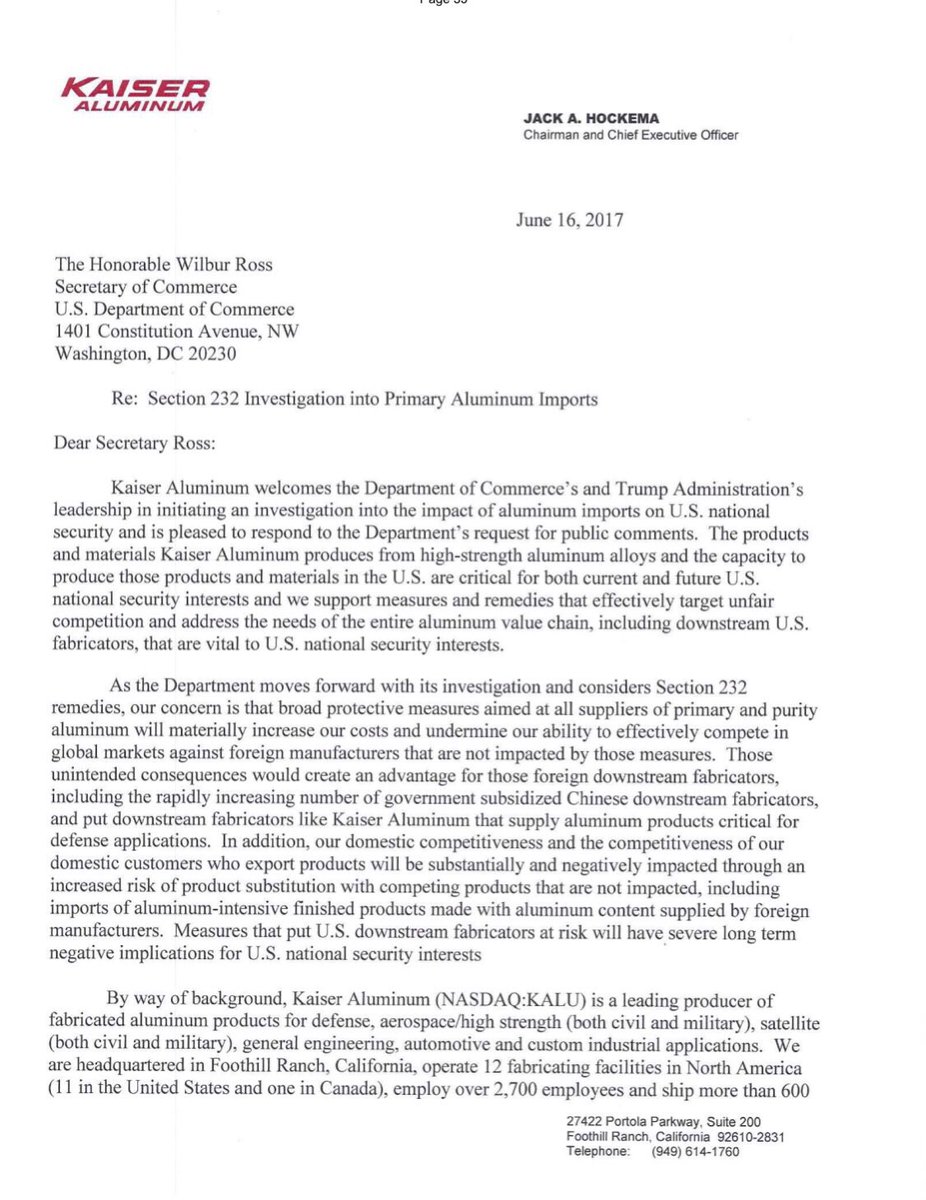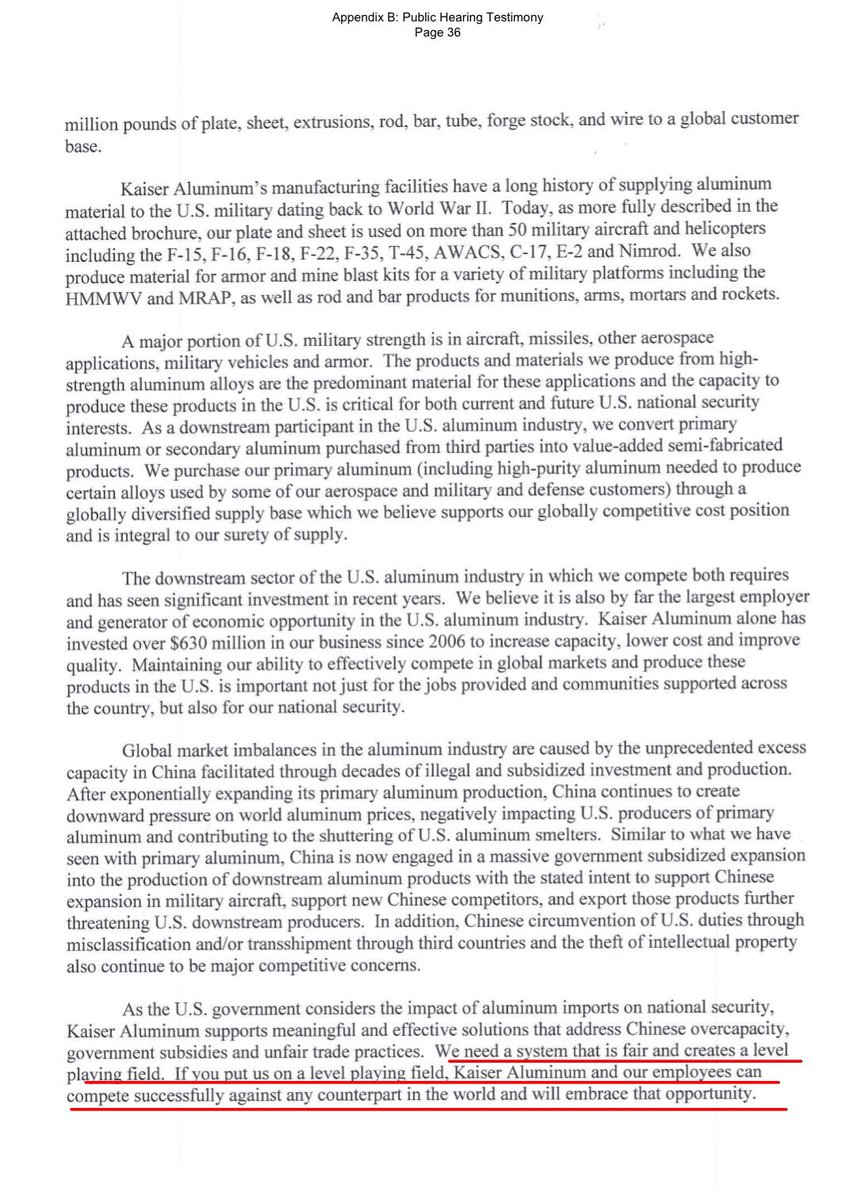What @guyverhofstadt is saying is: "The EU won't commit to not having tariffs on your products if you can then undercut our producers by allowing yours to produce in a cheaper, environmentally negligent way."
(a) Regulations
(b) Consumer Choice / Voluntary Standards
(c) Tariffs
To oversimplify: the final product itself has to be problematic, not just the process.
You can't ban the sale of toys made in a factory that dumps its waste into a local river, if that river is overseas.
That may sound crazy but it's to stop rich countries conditioning all imports on Norwegian standards.
That means environmental regulation at home, if not matched abroad, makes your firms less competitive.
They can and they do, but only to a point.
Moreover, while highly branded consumer goods (especially in luxury retailers) can champion sustainability, they're just one part of the market.
The cheese in a frozen pizza at the supermarket, an engine part in a Land Rover or the blade on a wind turbine may as well be produced in Narnia for all we know.
Taxes on imports are generally pretty blunt tools when it comes to adjusting for differing levels of environmental protection, but it is a role they can play.
A free trade agreement, especially an ambitious one, binds both sides to eliminating the vast majority of their tariffs and keeping them that way.
It removes tariffs as a tool, leaving only regulation and consumer choice.
The goal of environmental policies is supposed to be to improve the environment, not to bankrupt all your own businesses while outsourcing cheap, environmentally damaging production abroad.
<Standard Disclaimer About How It's All Actually Even More Complicated and There Are Layers of Nuance To All of the Above>
/end




